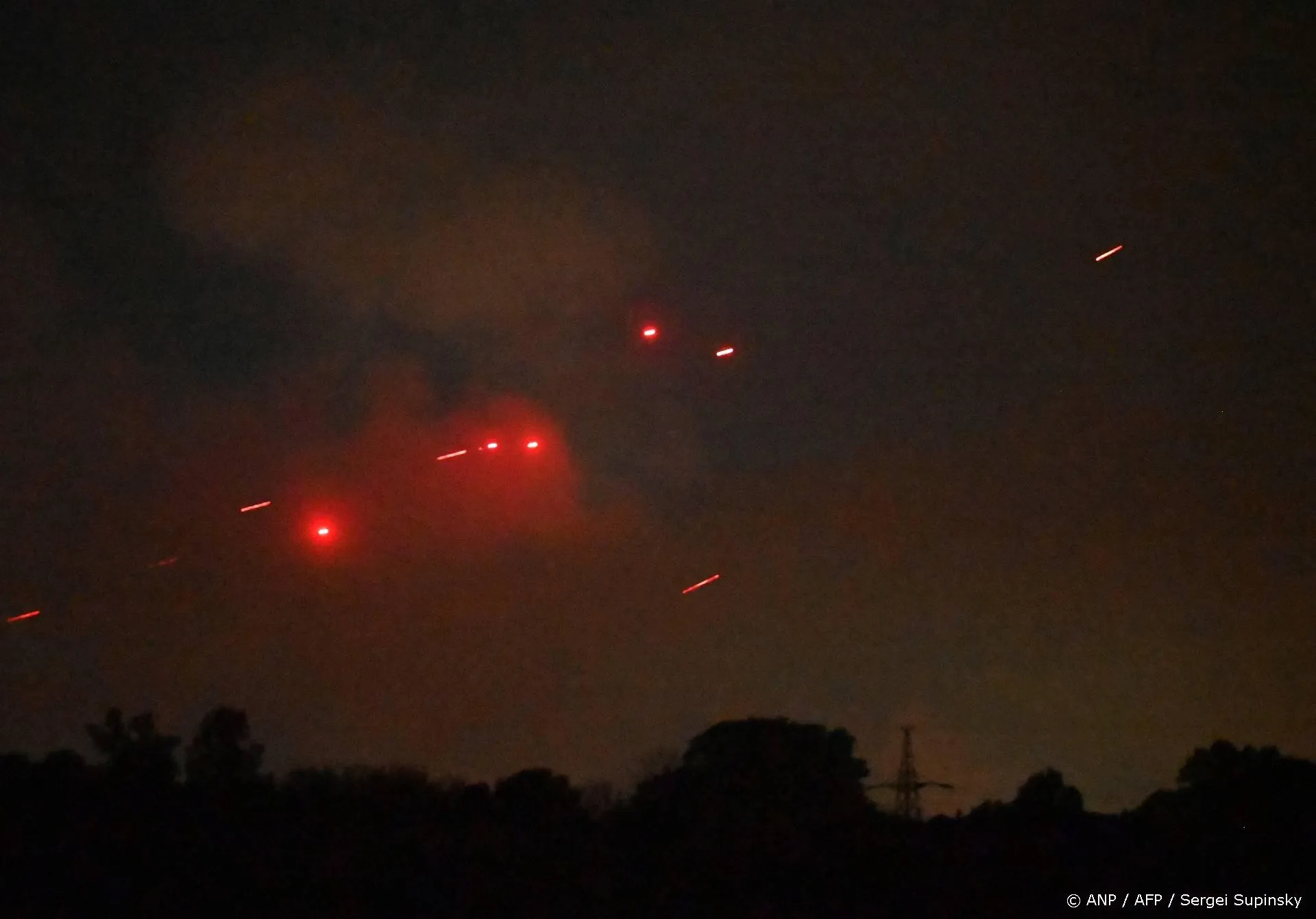Fred Singer over toetsing betrouwbaarheid temperatuurreeksen
Eerder schonk ik aandacht aan het BEST-project van Richard Muller et al. BEST staat voor 'Berkeley Earth Surface Temperature project'. Het project beoogde de betrouwbaarheid van de meeste gebruikte historische temperatuurreeksen te toetsen. Richard Muller ging nog voordat de resultaten van het project aan 'peer review' waren onderworpen en het artikel was geaccepteerd voor publicatie door de Journal of Geophysical Research, ermee naar de media. Hij schreef een opinieartikel in de Wall Street Journal onder de titel: 'The Case Against Global-Warming Skepticism. There were good reasons for doubt, until now.'
Dat had hij nu niet moeten doen, want deze vlag dekte de lading niet.
In mijn eerdere bijdrage rapporteerde ik over een aantal reacties op het project van Muller c.s.. Nu heeft ook Nature gereageerd niet onverdeeld gunstig. En dat is toch wel iets bijzonders voor dit blad dat zich traditiegetrouw als fervent broeikasevangelist opstelt.
Ik pik er het volgende uit:
Global warming is really happening really. There was no conspiracy or cover-up. Peer review did not fail and the scientists who have spent decades working out the best way to handle and process data turned out to know how to handle and process data after all. Thank you Berkeley Earth Surface Temperature (BEST) study ....
Of course, reproduction of existing results is a valid contribution, and the statistical methods developed by the BEST team could be useful additions to climate science. But valid contributions and useful additions alone do not generate worldwide headlines, so the massive publicity associated with the release of the papers (which were simultaneously submitted to the Journal of Geophysical Research) is a curious affair. There was predictable grumbling at the media coverage from within the scientific community, which saw it as publicity in lieu of peer review. Reporters are more than happy to cover the story now, while its sexy, but will they cover it later, when the results are confirmed, adjusted or corrected in accordance with a thorough vetting? The short answer is no, many of them will not. Barring an extraordinary reversal of message, the wave of press coverage is likely to be only a ripple when the papers are finally published. And this is what upsets the purists: the communication of science in this case comes before the scientific process has run its course.
Members of the Berkeley team revelled in their role as scientific renegades. Richard Muller, the physicist in charge, even told the BBC: That is the way I practised science for decades; it was the way every-one practised it until some magazines particularly Science and Nature forbade it.
This is both wrong and unhelpful. It is wrong because for years Nature has explicitly endorsed the use of preprint servers and conferences as important avenues for scientific discussion ahead of submission to this journal, or other Nature titles. . What Nature discourages is authors specifically promoting their work to the media before a peer-reviewed paper is available for others in the field to read and evaluate. Mullers statement is unhelpful because such inflammatory claims can only fuel the heated but misguided debate on climate-sceptic blogs and elsewhere about the way science works and how it treats those who insist on viewing themselves as outsiders.
Lees verder hier.
Fred Singer heeft als eerste commentaar geleverd op de 'editorial' van Nature. Dit is wat hij schreef:
What a curious editorial [p.428, Oct.26] and how revealing of your bias! "Results confirming climate change are welcome, even when released before peer review." (emphasis added). You imply that contrary results are not welcomed by Nature. But this has been obvious for many years.
Why are you so jubilant about the findings of the Berkeley Climate Project that you can hardly contain yourself? What do you think they proved? They certainly added little to the ongoing debate on human causes of climate change. They included data from the same weather stations as the Climategate people, but reported that one-third showed cooling not warming. They covered the same land area, less than 30% of the Earth's surface, housing recording stations that are poorly distributed, mainly in the US and Western Europe. They state that 70% of US stations are badly sited and don't meet the standards set by government; the rest of the world is likely worse.
But unlike the land surface, the atmosphere has shown no warming trend, either over land or over ocean according to satellites and independent data from weather balloons. This indicates to me that there is something very wrong with the land surface data. And did you know that climate models, run on super-computers, all insist that the atmosphere must warm faster than the surface? And so does theory.
And finally, we have non-thermometer temperature data from so-called "proxies": tree rings, ice cores, ocean sediments, stalagmites. They don't show any global warming since 1940!
The BEST (Berkeley Earth Surface Temperature) results in no way confirm the scientifically discredited Hockeystick graph, which had been so eagerly adopted by climate alarmists. In fact, the Hockeystick authors never published their post-1978 temperatures in their 1998 paper in Nature, or since. The reason for hiding them? It's likely that those proxy data show no warming either. Why don't you ask them? One last word: You evidently haven't read the four scientific BEST papers, submitted for peer review. There, the Berkeley scientists disclaim knowing the cause of the temperature increase reported by their project. They conclude, however: "The human component of global warming may be somewhat overestimated." I commend them for their honesty and skepticism.
Aldus Fred Singer.
Naschrift
Zoals mijn trouwe lezers weten, was er een strikte scheiding tussen wetenschappelijke conferenties van aanhangers van de menselijke broeikashypothese en die van klimaatsceptische wetenschappers. Zij discussieerden niet met elkaar in gemeenschappelijke conferenties, zoals dat in alle andere wetenschappelijke disciplines gebruikelijk is. De laatste tijd is die verdeeldheid gelukkig een beetje aan het verwateren. Binnenkort zal in Santa Fe de eerste conferentie in Amerika plaatsvinden, waaraan vertegenwoordigers uit beide kampen deelnemen. Ook Fred Singer zal daar als spreker optreden. Het programma is hier te vinden.
Ga verder met lezen
Dit vind je misschien ook leuk
Laat mensen jouw mening weten


